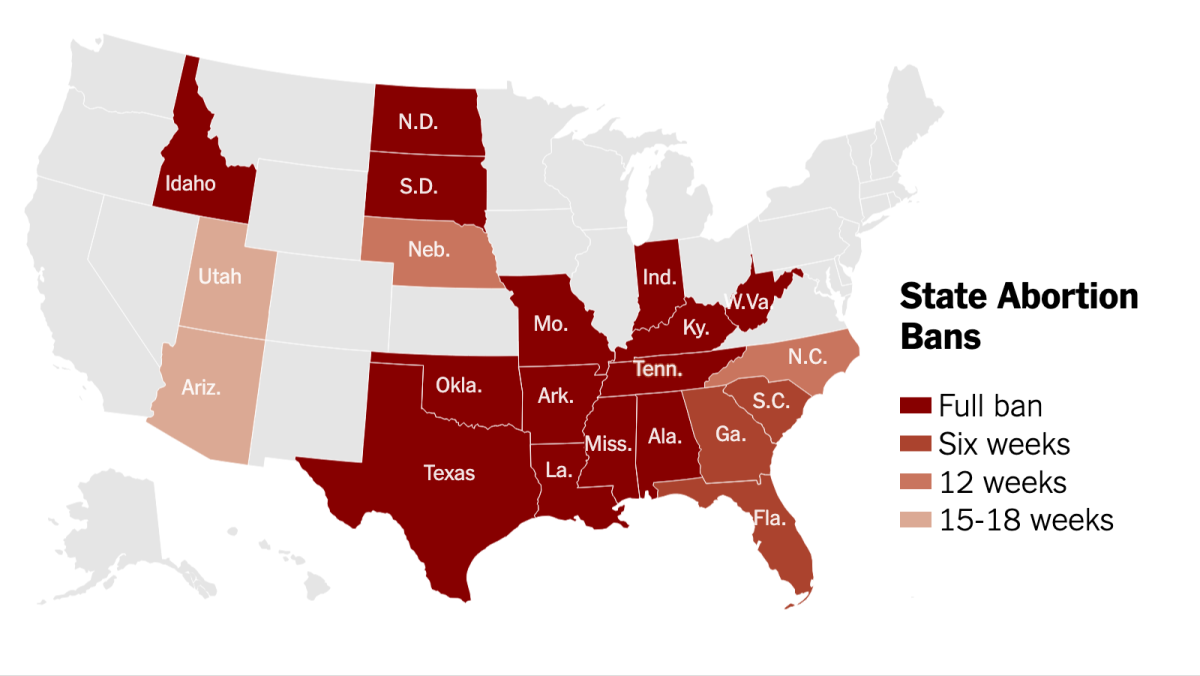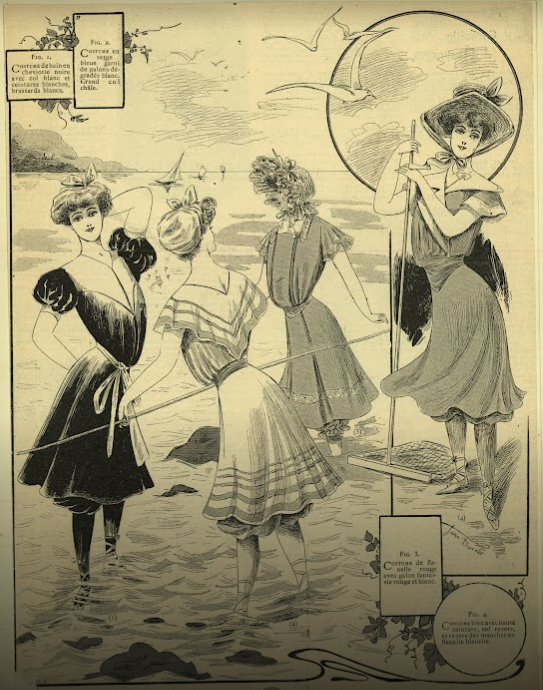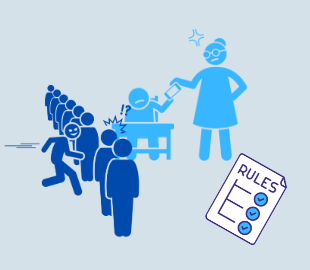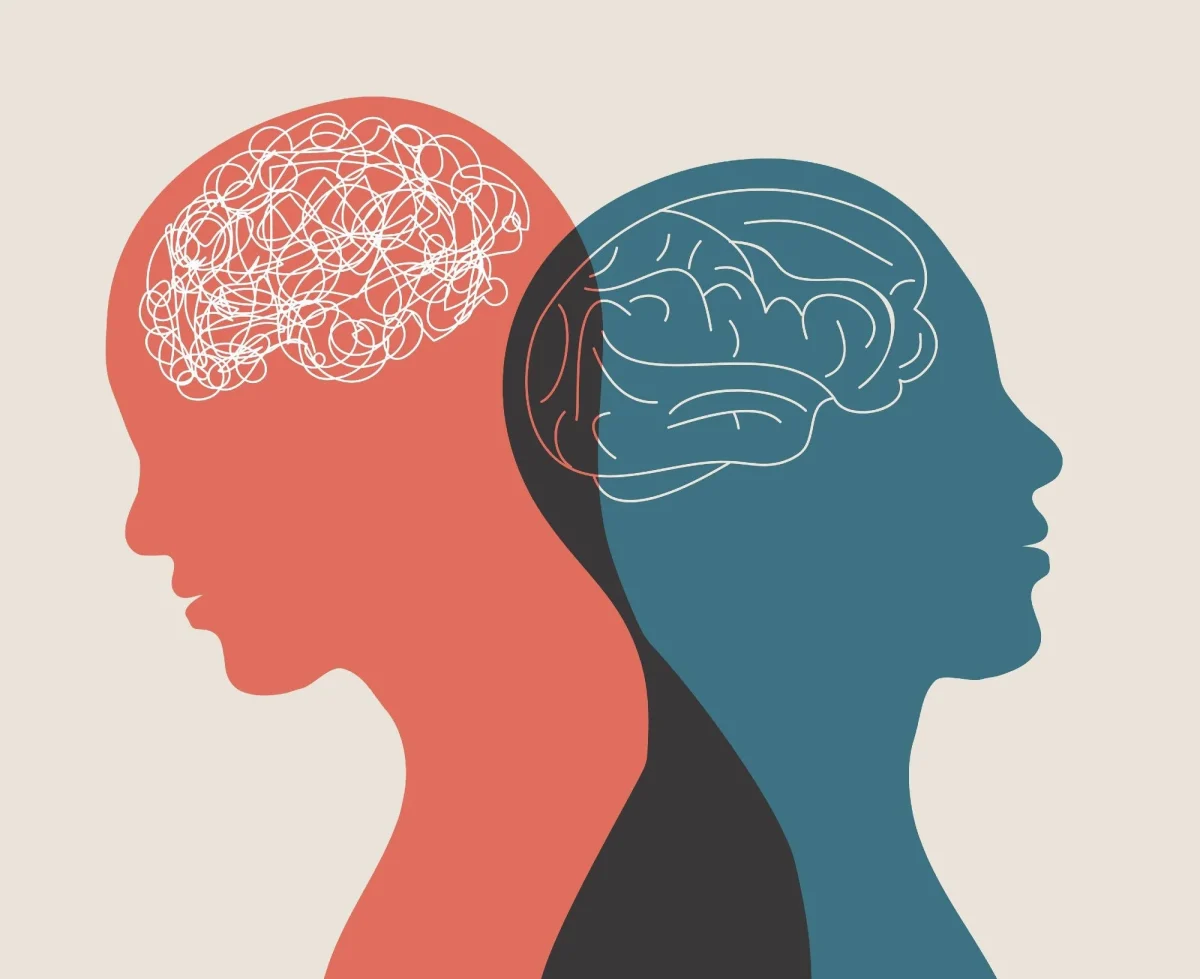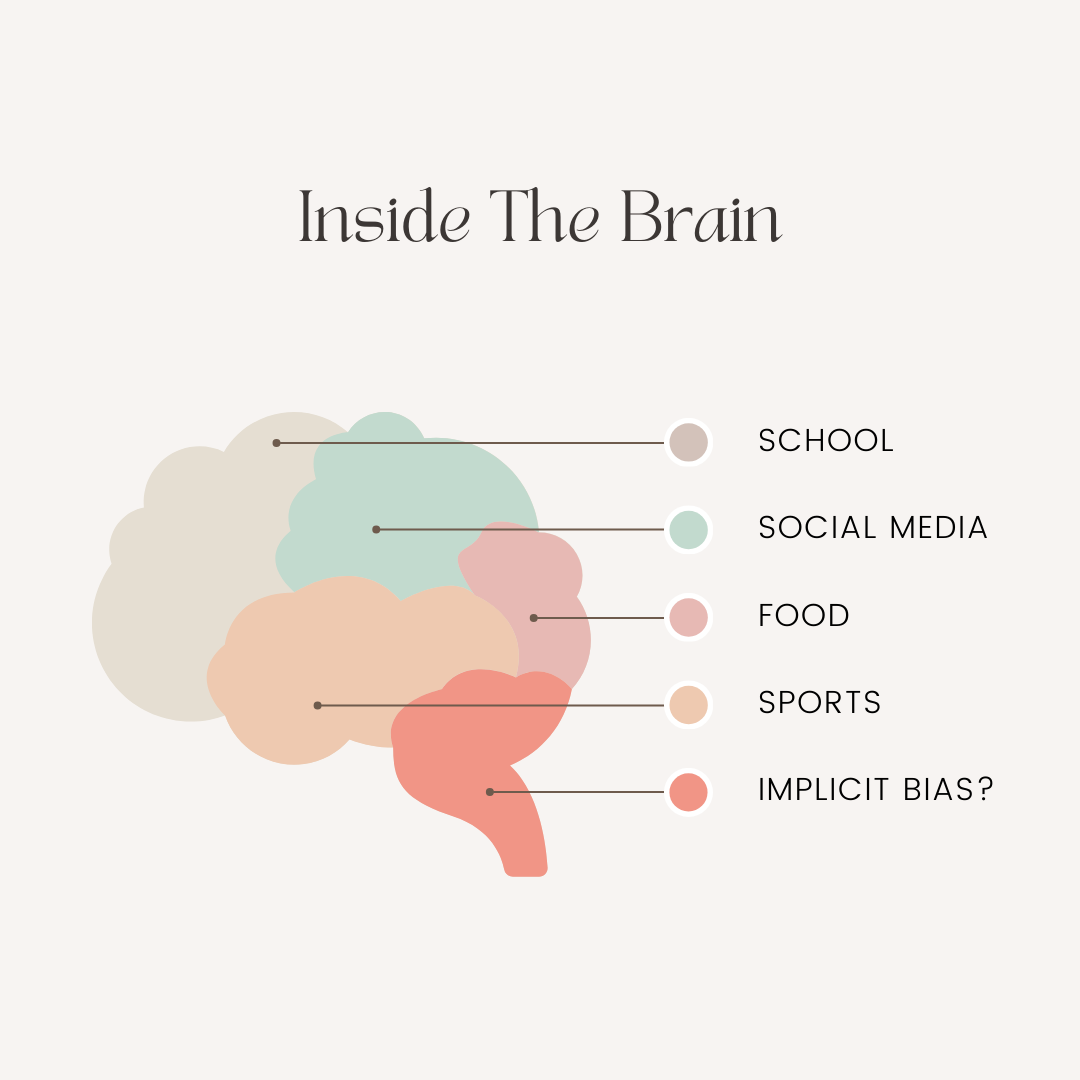The Merriam-Webster Dictionary defines implicit bias as ‘a bias or prejudice that is present but not consciously held or organized’. Just about everyone reading this has had a common stereotype pop into their heads completely unbidden. That’s because your brain is making synapsis (connections) in relation to patterns, and generalizing people based on those patterns.
Although this isn’t technically a negative thing, it can set people up to overgeneralize and thus be discriminatory, even if they feel they are being fair.
The technical science of implicit bias is this: the thoughts and biases that make up Implicit Bias primarily appear in individual information processing like your brain’s generalizations, and are reinforced through societal and institutional dynamics. The current research (via a publication The Principles Of Addiction) shows that implicit bias is directly related to explicit/controlled cognitive processes. So according to all of this, implicit bias happens to literally everyone with semi-neurotypical brains because of natural brain function. Not only that, but this is supported by a multitude of studies and research groups arranged by a variety of universities, facilities, and laboratories, as well as documented in reports in several scientific journals.
Although all of the terms like ‘cognitive processes’ and ‘semi-neurotypical’ may seem daunting to the average teenager (or even average person) these things confront you in day to day life. For example, when you’re wondering what someone thinks of you or why they’re looking at you like that, that’s a neuro-typical response aka average brain thing. And a cognitive process is just a thread of unconscious thoughts. Similarly deceptive, the terminology These ‘institutional dynamics’ primarily refers to topics in the media that effect peoples’ perceptions, much like ‘societal dynamics’.
Unfortunately, despite this clear evidence and understanding of the vocabulary, there is still a lot of controversy on the topic from both right and left wing political views. Many right wing parties (Republican politicians) believe that its left wing paranoia making them see an injustice around every corner. Whereas left wing parties think that it takes away from more prevalent issues.
All of that couldn’t be more wrong, because this doesn’t make anyone inherently racist, sexist, ableist etc, but it is a trait that people should be aware of in order to notice the unconscious discrimination.
Harvard, and several other institutions, have created something called an implicit bias test. There are many different tests, and each has a focus on a different form of implicit bias. For example, one is racial implicit bias focused, and another that is entirely based on career assumptions based on gender.
Although many cultural and sociological issues are, once again, reinforced by other cultural and sociological issues, implicit bias is the reason why these issues are so widespread. As a society, we must accept this and address it as soon as possible, because once we do that, we are taking true steps toward a more thoughtful and insightful society, one where unintentional discrimination is more a thing to be aware of and trained rather than a shameful by-product of human evolution.
